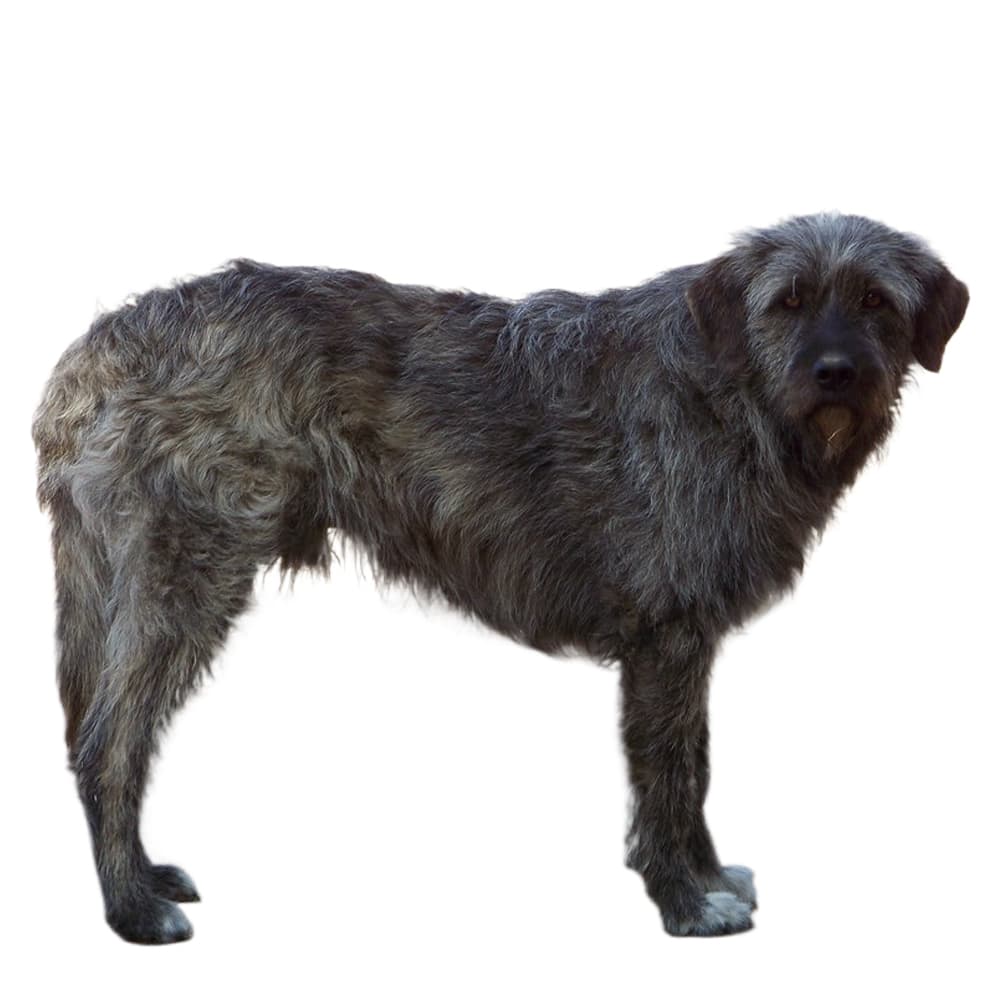Discover your dog's connection to this breed and 200+ others


Discover your dog's connection to this breed and 200+ others



The Sardinian Shepherd Dog, also known as the Fonni's Dog (Cane Fonnese) or Pastore Fonnese, is an Italian breed that comes from the region of Sardinia, more specifically the Fonni mountain area. They were originally used as herding and hunting dogs. They are an endangered breed; there are currently only 200 dogs living in Italy, and even less in the rest of the world. They were used during the Italian campaign in Libya in 1912; they helped to counter rebel attacks on Italian Camps. They were also trained to find weapons hidden in the sand. Before leaving to aid in the war they were taught to mistrust people in Arabic military uniforms, which they would encounter in Libya. There is little concrete historical documentation available about this breed. However, it's widely believed that these dogs have a centuries-old lineage, originating from the domestic dogs of the Neolithic age in Sardinia.
Currently, there are no known genetic conditions tightly associated with the Sardinian Shepherd Dog. As for all breeds, genetic screening is recommended to assist veterinarians with diagnosis and proactive care, as well as help breeders identify affected and carrier dogs.
Sardinian Shepherd Dogs are known for their loyal, protective, and hardworking nature. These traits make them excellent herding dogs and family companions. They are courageous and alert, making them good guard dogs. However, they can be somewhat reserved or wary around strangers, a trait common in many herding breeds. Despite their protective nature, they are generally not overly aggressive. They are intelligent and independent, a trait that serves them well when they are working in the fields, but it can make training a challenge for first-time dog owners. They need a patient, firm, and consistent handler.
As always, specific behavioral traits can vary from dog to dog due to a variety of factors, including socialization, training, and individual personality.
These dogs are a part of the Spitz family, with genetic characteristics that are adapted to the mountainous environment of their origin. The breed exhibits a level of genetic diversity common among dogs with a long, geographically isolated lineage.
https://www.enci.it/media/7590/902.pdf
https://doi.org/10.1534/genetics.116.192427
https://thebark.com/content/genome-sardinian-sheepdog-provides-insight-human-migration-patterns
Recommended by top vets with decades of experience
21 breeds
64 genetic health markers
50 genetic trait markers
